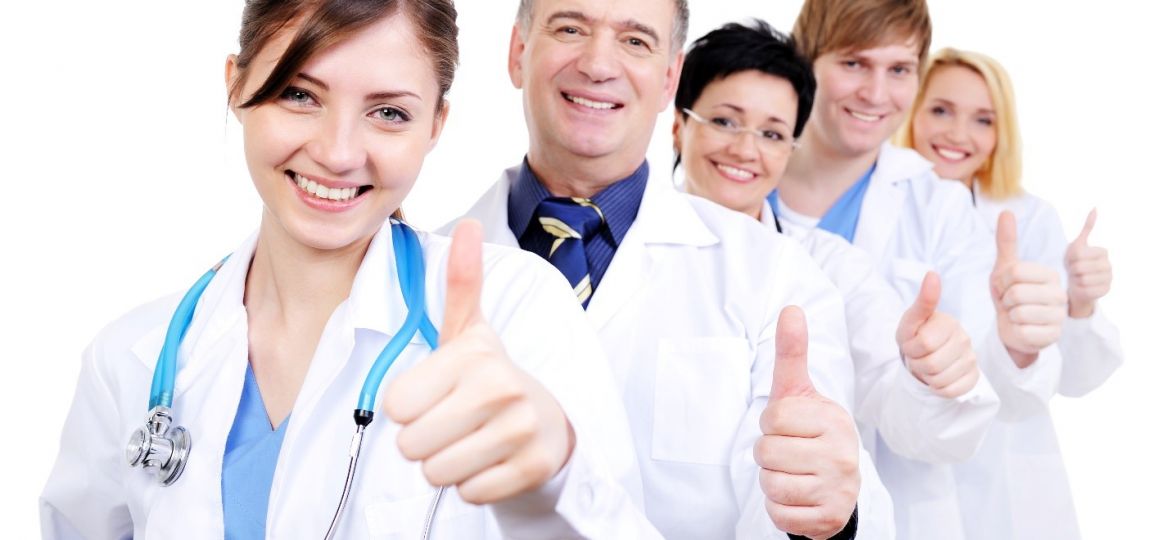
I am all for changes in paradigm, as they are frequently for the best. But perhaps we’ve finally gone too far, and even “jumped the rails”. Depending on your perspective, we are currently either in the middle of positive change, or we are witnessing a collision that feeds us large doses of misinformation daily. The two players in this discussion include social media (SoMed) and Medical Education (MedEd). With MedEd, I am including the broader topic “healthcare learning”, something we all need.
Every day in my clinical practice, I hear extremes of opinion from the patients I treat. Regarding Covid, for instance, opinions are strong and sometimes strikingly incorrect. On the same day, one patient may insist that the entire subject of Covid is nothing more than a wicked conspiracy, and a hoax, created by some unknown dark force; sort of what I call the “boogie man” theory of the recently documented pandemic. The very next patient may insist that we all need to rush out and get yet another Covid booster, because of the looming “monkey virus” and the mortal threat it poses! Listening to these extremes, I’m left wondering from whence are we getting our medical “facts”? They simply cannot all be correct at the same time.
Thus, we arrive at the central question, which is, where is truth, and how do we know who to believe? My personal belief is that there is one best source of reasonable truth, and regarding Covid, I choose to search the opinions of one small group of experts who do understand the science of viral infections and Covid in particular. They are called virologists, and they are generally M.D.s and/or PhDs who have spent decades scientifically investigating infective viruses. My other personal requirement for the source of truth is that the scientist is ideally not driven by a profit motive, but rather is “brand-neutral”, and conducting their science and study in an impartial setting, often academic, without financial gain from one particular product or another as their primary motive.
On the other hand, I’ve heard enough to convince me that self-identified “experts” employed to deliver their message on the evening news are, at the very best, sharing only their non-scientific and even uninformed opinions. This is a very sad development, and in my opinion, something that has created what I call the “misinformation mill”. Many are dabbling in the study of viruses and the pandemic they have caused, but precious few can legitimately be called subject experts and even fewer have any relevant credentials to prove their expertise.
I would be among the first to express gratitude for the information and introductions that LinkedIn (for instance) has provided for me. Our entire company is represented by individuals who each have benefited from their presence on social media. In a way, nowadays, it’s this array of SoMed options that afford all of us instant familiarity with each other as we often review the credentials and experience of prospective new colleagues.
Social media is absolutely a major currency for conducting business and maintaining important relationships. And while it has proven invaluable, I think it is a fair question to ask whether it is the best medium for providing medical and healthcare information—which has been a trend over the past three to five years. You’ve all heard such things as, “An expert said so on the internet”, or “I know it’s true because I heard “it” on the news”!
In our own company, we are absolutely committed to SoMed, and we use it extensively as a tool for identifying patients for participation in clinical studies we’re convinced that it’s an effective way to sustain and retain patients in clinical trials. However, I’m convinced that there are better options for providing education for these same or other patients than using SoMed. This topic has been incredibly controversial, as a single Google search will prove (e.g., on the subject of, “SoMed and MedEd—Do They Belong Together”? As an educator and a practicing clinician, I say, let’s keep the two largely separated because death during a pandemic is tragic and I believe we truly need to get the correct facts. At the risk of being dramatic, I believe that clinical decisions based on incorrect opinions can prove fatal, as has frequently been the case already!
So, given the current quantity and intensity of the online dialogue regarding this topic, I would very much like others who read this blog to weigh in, we need to determine whether social media (SoMed) and medical education (MedEd) belong together, or whether we should begin to separate the two as we move forward? We are an agile company, and therefore your responses will have an impact and they are appreciated!

